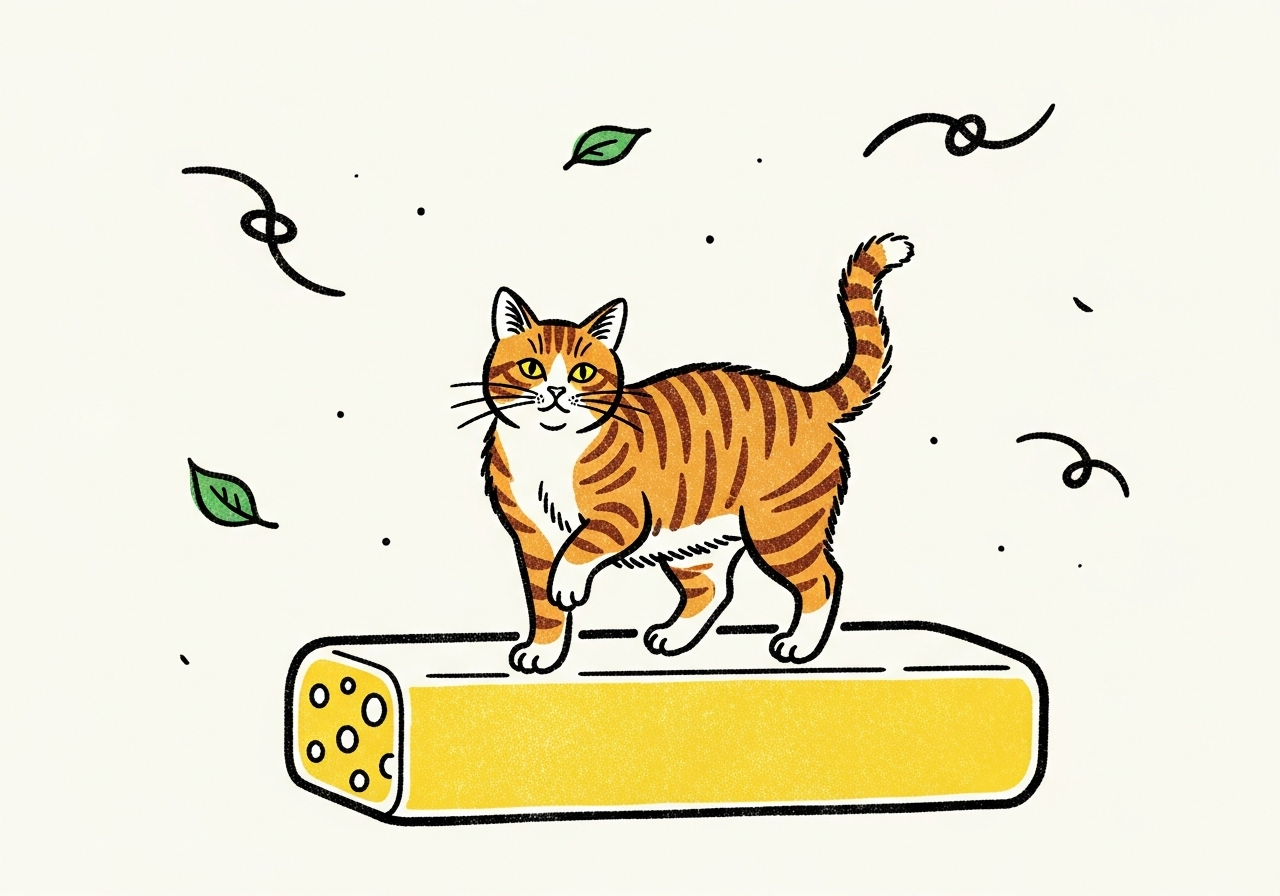Can cats eat cheese

Many cats are drawn to cheese, but is it safe? This article explores why most adult cats are lactose intolerant and how the high fat and sodium in cheese can pose health risks. Learn which cheeses are safer in tiny amounts and which to avoid completely for your feline friend's wellbeing.
This is a comprehensive guide about can cats eat cheese. As cat owners, it's crucial to understand what foods are safe for our feline companions.
Understanding the Basics
Cats are obligate carnivores, which means they have evolved to require a diet primarily consisting of meat. Their digestive systems and nutritional needs are quite different from humans and even dogs.
Key Nutritional Requirements
- Protein: Cats require high-quality animal protein
- Taurine: An essential amino acid found only in animal tissue
- Arachidonic acid: A fatty acid crucial for skin and coat health
- Vitamin A: Must be obtained from animal sources
Safety Considerations
When considering any human food for your cat, always keep these safety principles in mind:
- Introduce new foods gradually and in small amounts
- Monitor your cat for any adverse reactions
- Consult with your veterinarian before making dietary changes
- Remember that treats should not exceed 10% of daily caloric intake
Signs to Watch For
If your cat has eaten something they shouldn't have, watch for these warning signs:
- Vomiting or diarrhea
- Loss of appetite
- Lethargy or unusual behavior
- Difficulty breathing
- Excessive drooling
If you notice any of these symptoms, contact your veterinarian immediately.
Conclusion
Understanding what foods are safe for cats is an essential part of responsible pet ownership. When in doubt, it's always best to stick to high-quality commercial cat food and consult with your veterinarian about any dietary questions.
Remember, every cat is unique, and what works for one cat may not work for another. Always prioritize your cat's health and safety when making dietary decisions.


